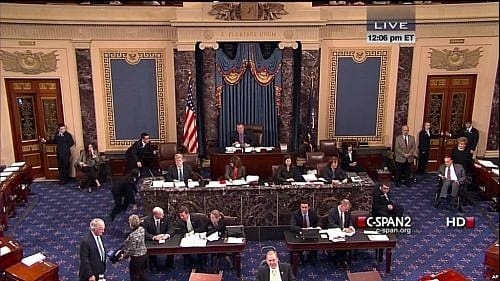Twenty Questions for Beth Lindstrom and John Kingston

It's been said that you can't split dead wood.
Surprisingly, the Massachusetts Republican Party, usually barren tundra when competing in statewide races, is fielding a forest of formidable candidates to challenge Democrat incumbent U.S. Senator Elizabeth Warren in 2018. Two of them — Beth Lindstrom and John Kingston — are twin oaks of establishment politics and just recently announced their candidacies. They are worthy contenders, nevertheless, and deserve recognition.

